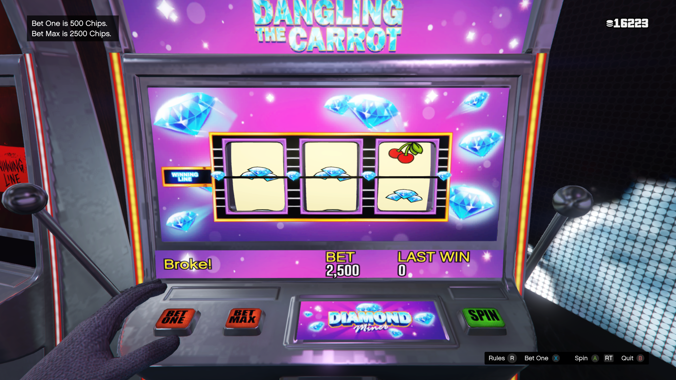In recent years, the online gambling industry has seen explosive growth, driven by technological advancements, changing consumer preferences, and increasingly liberal regulations across various jurisdictions. From traditional casino games to sports betting and innovative offerings like esports wagering, online gambling has transformed how people engage with games of chance and skill. This article explores the trends, challenges, and future prospects of online situs api zeus777 gambling.
The Current Landscape of Online Gambling
According to various reports, the global online gambling market is expected to exceed $100 billion by 2026, fueled by a surge in internet accessibility, mobile device proliferation, and the rise of live dealer games. Key players in the industry, including established casinos and new startups, are constantly innovating to attract a diverse audience. Popular online gambling formats include:
- Online Casinos: Offering traditional casino games like slots, blackjack, and roulette, online casinos replicate the casino experience from the comfort of home.
- Sports Betting: With the legalization of sports betting in many regions, platforms have emerged that allow users to place bets on various sporting events, from major leagues to niche competitions.
- Esports Betting: The rise of competitive gaming has led to a new betting frontier. Fans can wager on esports tournaments, making this segment one of the fastest-growing areas in the industry.
- Mobile Gaming: As smartphones become ubiquitous, mobile gambling apps have made betting more accessible than ever, allowing players to gamble anytime, anywhere.
Trends Driving Growth
Several trends are influencing the growth of online gambling:
- Technological Innovation: The integration of advanced technologies like virtual reality (VR) and augmented reality (AR) is enhancing the gambling experience, making it more immersive and interactive.
- Cryptocurrency: Many online gambling platforms are now accepting cryptocurrencies like Bitcoin, providing users with anonymity and faster transaction times.
- Gamification: Operators are increasingly incorporating gamification elements, such as rewards programs and interactive features, to engage users and enhance loyalty.
- Regulatory Changes: As governments recognize the potential tax revenue from regulated online gambling, more jurisdictions are legalizing and regulating these activities, fostering a safer and more transparent environment for players.
Challenges Facing the Industry
Despite its growth, the online gambling sector faces several challenges:
- Regulatory Compliance: The complex and varied regulatory landscape can be a hurdle for operators, requiring them to navigate different laws and standards across jurisdictions.
- Problem Gambling: The ease of access to online gambling can lead to increased instances of gambling addiction. Operators are under pressure to implement responsible gambling measures to protect vulnerable players.
- Cybersecurity: With the rise of online transactions, ensuring the security of user data and financial information is paramount. Cyberattacks can lead to significant financial losses and damage to reputation.
- Market Saturation: As more operators enter the market, competition intensifies, leading to price wars and marketing over-saturation, which can affect profitability.
The Future of Online Gambling
Looking ahead, the future of online gambling is likely to be shaped by several key developments:
- Increased Personalization: Advanced data analytics and AI will enable operators to provide personalized gaming experiences, tailoring offers and recommendations to individual preferences.
- Enhanced Regulation: As the industry matures, more comprehensive regulations may emerge, balancing player protection with market growth.
- Sustainability Practices: With a growing focus on corporate social responsibility, operators may adopt sustainable practices, addressing concerns about the environmental impact of gambling operations.
- Global Expansion: As more countries consider legalizing online gambling, the market will continue to expand, with operators looking to tap into new audiences.
